Robotic process automation revenue to hit $1.3bn
Physical autonomous technology is also on the rise with researchers testing four-legged robots for oil rigs
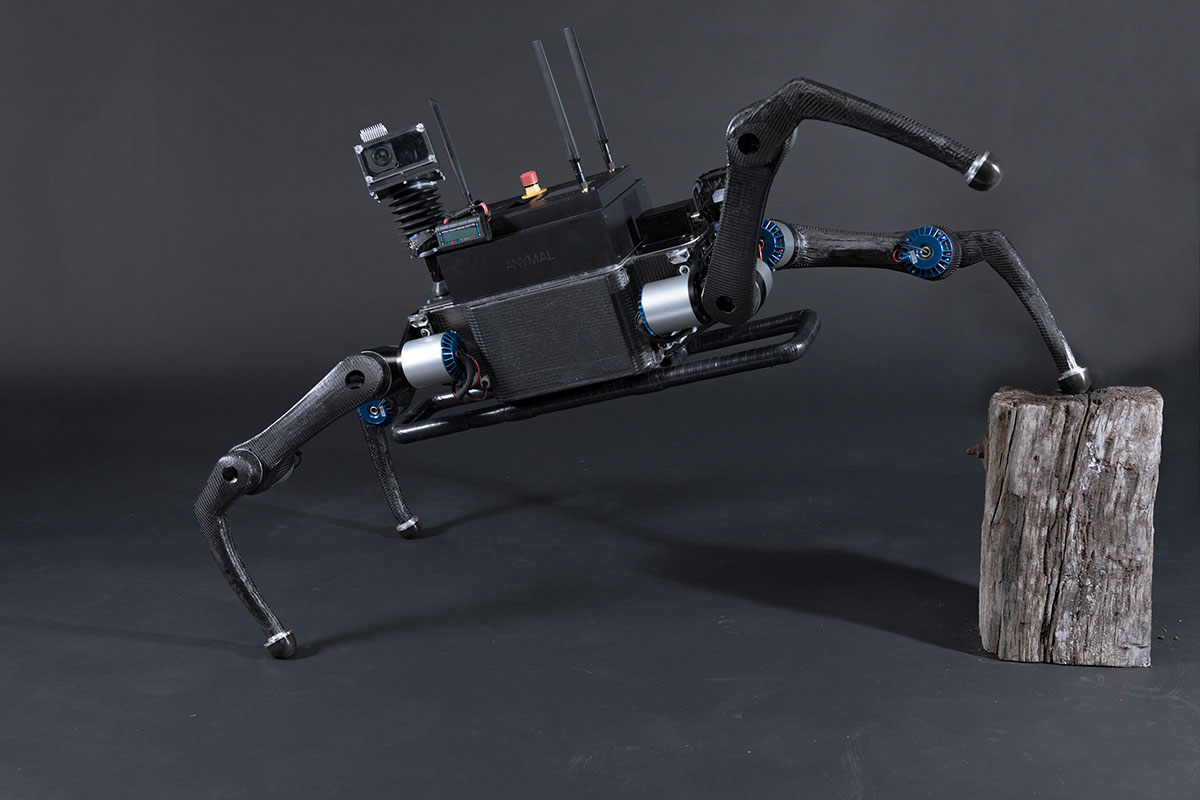

Robotic process automation (RPA) software is the fastest-growing segment of the global enterprise software market and could reach $1.3 billion in revenue in 2019, according to Gartner.
The technology which allows for the configuration of automated scripts, often referred to as 'bots', allows for the automation of certain tasks within an IT process or business as a whole. RPA can, for example, be used to automatically manipulate data and pass information to and from different applications, as well as trigger responses to queries and execute transactions.
And there is a growing appetite for RPA software, with Gartner's figures for 2018 showing that revenue for the software segment grew 63.1%, hitting $846 million, which showcased a healthy appetite for automation software.
Gartner highlighted that while RPA software is used across many industries, banks, insurance firms, telcos, and utility companies, are the largest adopters of the technology. Many companies in these sectors make use of RPA to help integrate older systems with more modern technology.
"The ability to integrate legacy systems is the key driver for RPA projects. By using this technology, organisations can quickly accelerate their digital transformation initiatives, while unlocking the value associated with past technology investments," said Fabrizio Biscotti, research vice president at Gartner.
Rise of the robots
While automation technology had permeated many industries for years, autonomous systems, ranging from RPA software to AIs, are still relatively new.
Get the ITPro daily newsletter
Sign up today and you will receive a free copy of our Future Focus 2025 report - the leading guidance on AI, cybersecurity and other IT challenges as per 700+ senior executives
However, the appetite for autonomous systems is growing; case in point: scientists from Oxford and Edinburgh universities are testing whether autonomous robots could replace the need for humans on remote oil rigs, according to The Telegraph.
Instead of humans, a 30kg four-legged robot that moves like a dog, built by robotics firm Anymal, is being trialled by the researchers for visual inspections of offshore oil rigs.
Oil and gas platforms are dangerous workplaces, located hundreds of mile offshore and often subjected to extreme conditions such as constant exposure to salt water and storms. In these adverse conditions, workers must constantly monitor and inspected the rigs to ensure safe operation.
These canine like-robots are said to be capable of walking over small obstacles and are also waterproof. They could potentially continuously monitor rigs around the clock and could alert maintenance teams when needed, and thus cut labour costs for oil companies as well as reduce the risk for human workers on site.
Maurice Fallon, head of the dynamic robot systems group at Oxford University, said the team is testing the robot at the Fire Service College in Gloucestershire, where a test rig has been built for research on tackling complex oil fires.
"On top of the robot we have a sensor, and that could be used to 3D map the environment and then you can tell it to point the camera at a location and make a mission," he said.
"They are able to fall and get up again, which is a key part for this robot. They are able to recover if things don't go well."
This is yet another example of how robots and autonomous technology are being increasingly tested and adopted by companies across all manner of industries.
And that is also an example of the overarching trend of digital transformation that companies old and new are embracing, moving from legacy systems to services and technology that not only streamline operations but can unlock more value for business through better use of data or identifying new revenue opportunities.
Bobby Hellard is ITPro's Reviews Editor and has worked on CloudPro and ChannelPro since 2018. In his time at ITPro, Bobby has covered stories for all the major technology companies, such as Apple, Microsoft, Amazon and Facebook, and regularly attends industry-leading events such as AWS Re:Invent and Google Cloud Next.
Bobby mainly covers hardware reviews, but you will also recognize him as the face of many of our video reviews of laptops and smartphones.
-
 Bigger salaries, more burnout: Is the CISO role in crisis?
Bigger salaries, more burnout: Is the CISO role in crisis?In-depth CISOs are more stressed than ever before – but why is this and what can be done?
By Kate O'Flaherty Published
-
 Cheap cyber crime kits can be bought on the dark web for less than $25
Cheap cyber crime kits can be bought on the dark web for less than $25News Research from NordVPN shows phishing kits are now widely available on the dark web and via messaging apps like Telegram, and are often selling for less than $25.
By Emma Woollacott Published
-
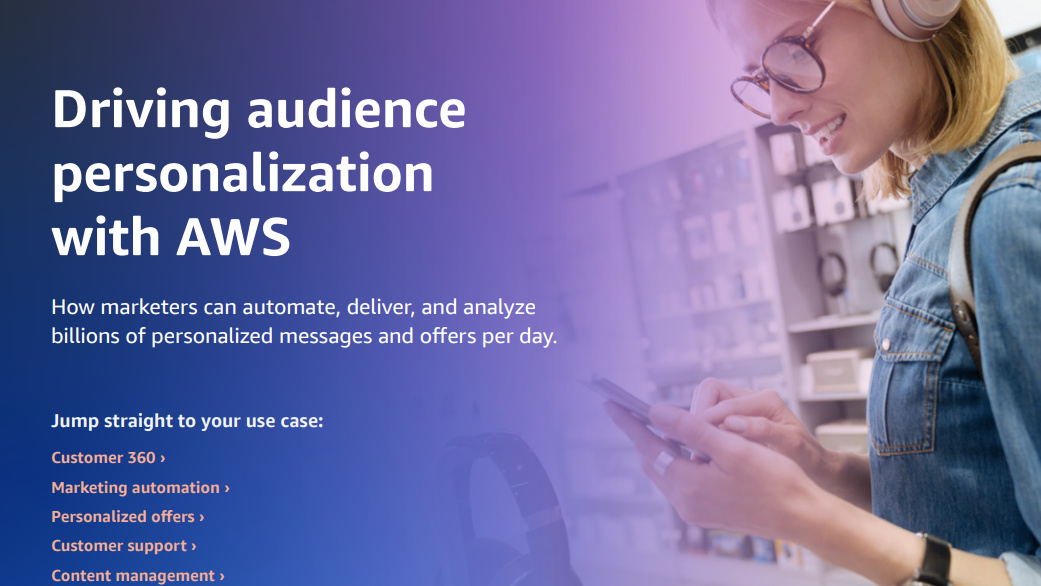 Automate personalization with AWS
Automate personalization with AWSWhitepaper How marketers can automate, deliver, and analyze billions of personalized messages and offers per day
By ITPro Published
-
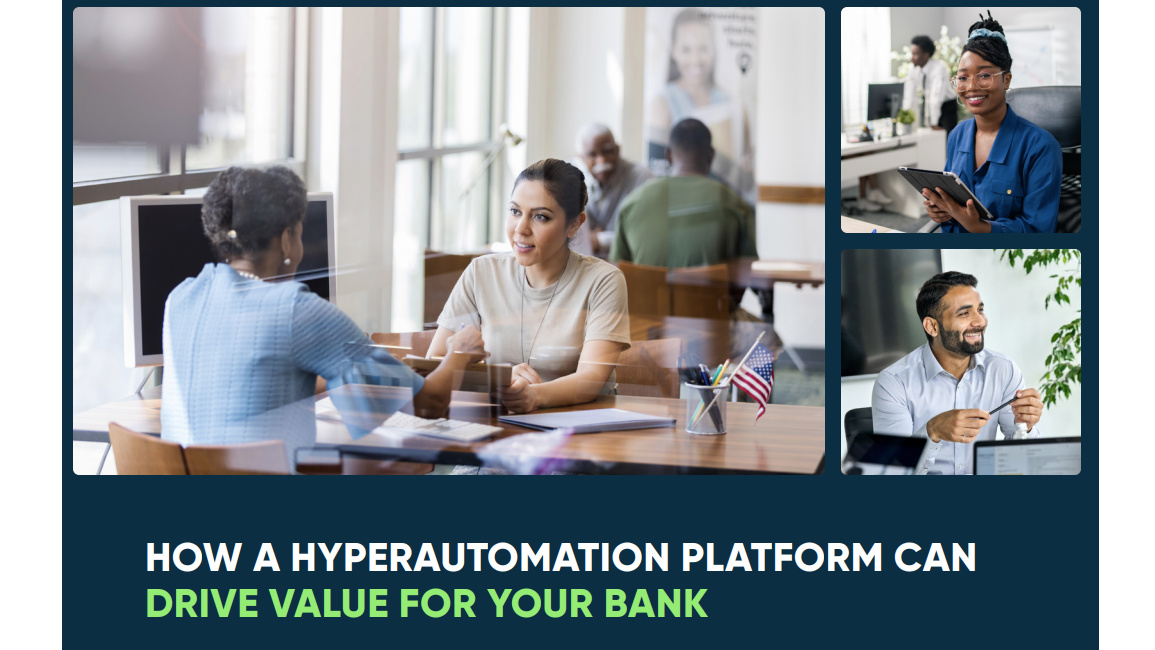 How a hyper-automation platform can drive value for your bank
How a hyper-automation platform can drive value for your bankWhitepaper Five ways automated processes can drive revenue and growth
By ITPro Published
-
 Appian wants to be the AI company for AI skeptics
Appian wants to be the AI company for AI skepticsAnalysis The firm outlines its AI strategy at Appian World 2023 while using ChatGPT and Midjourney to create scripts and imagery for keynote presentations
By Rory Bathgate Published
-
 Workday hit with claims its AI hiring systems are discriminatory
Workday hit with claims its AI hiring systems are discriminatoryNews An African American plaintiff has alleged that Workday's systems prevented him from being hired on the basis of his race, age, and mental health
By Rory Bathgate Published
-
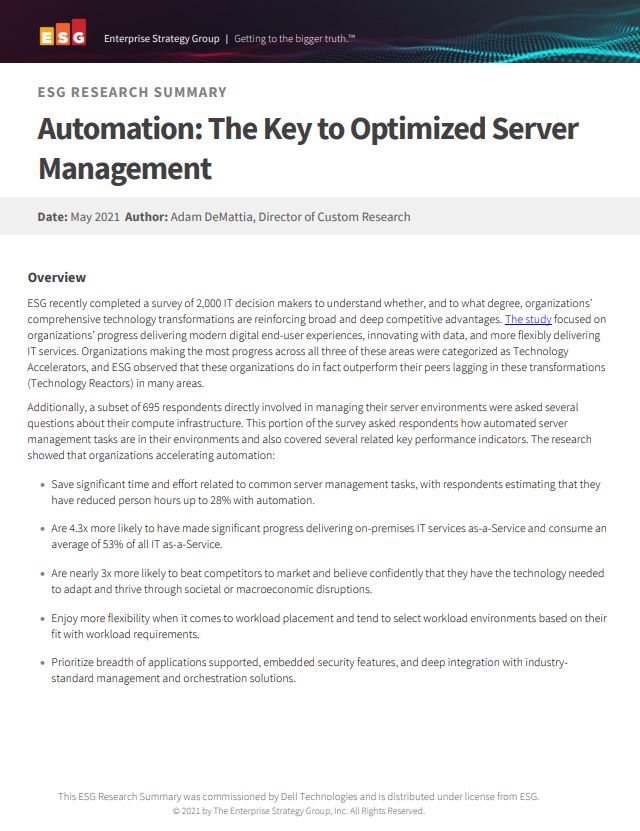 Automation: The key to optimised server management
Automation: The key to optimised server managementWhitepaper Deliver modern digital end-user experiences, innovate with data, and more flexibly deliver IT services
By ITPro Published
-
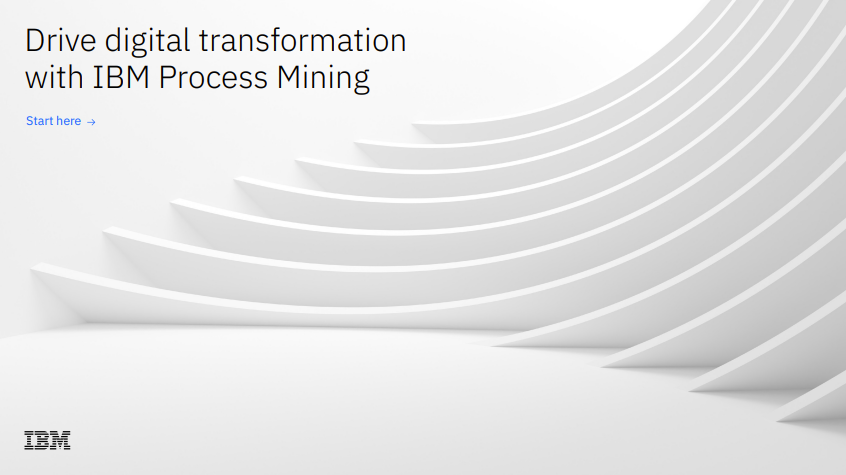 Drive digital transformation with IBM process mining
Drive digital transformation with IBM process miningWhitepaper A process discovery, analysis and monitoring technique to help businesses succeed throughout the entire DX journey
By ITPro Published
-
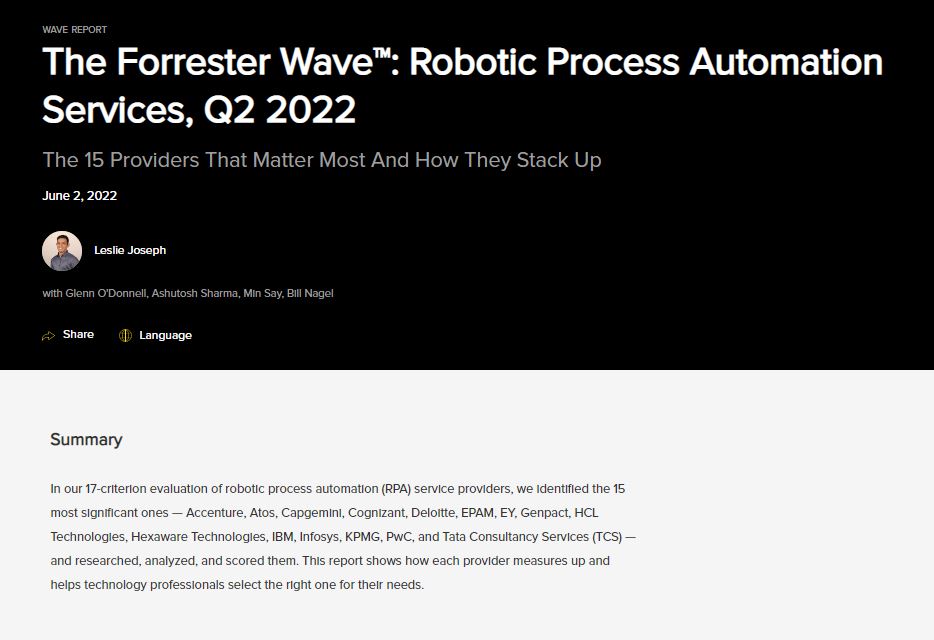 The Forrester Wave™: Robotic Process Automation Services
The Forrester Wave™: Robotic Process Automation ServicesWhitepaper The 15 providers that matter most and how they stack up
By ITPro Published
-
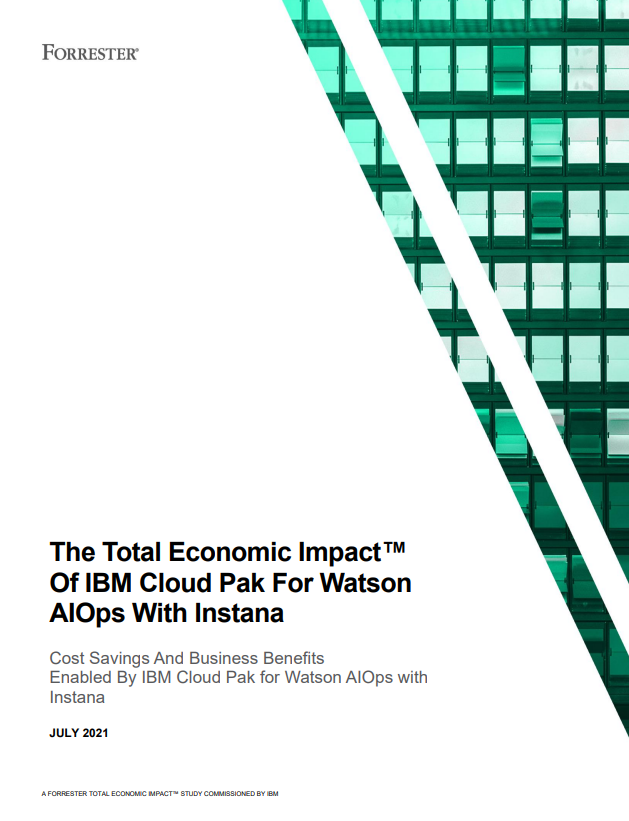 The Total Economic Impact™ of IBM Cloud Pak® for Watson AIOps with Instana
The Total Economic Impact™ of IBM Cloud Pak® for Watson AIOps with InstanaWhitepaper Cost savings and business benefits
By ITPro Published